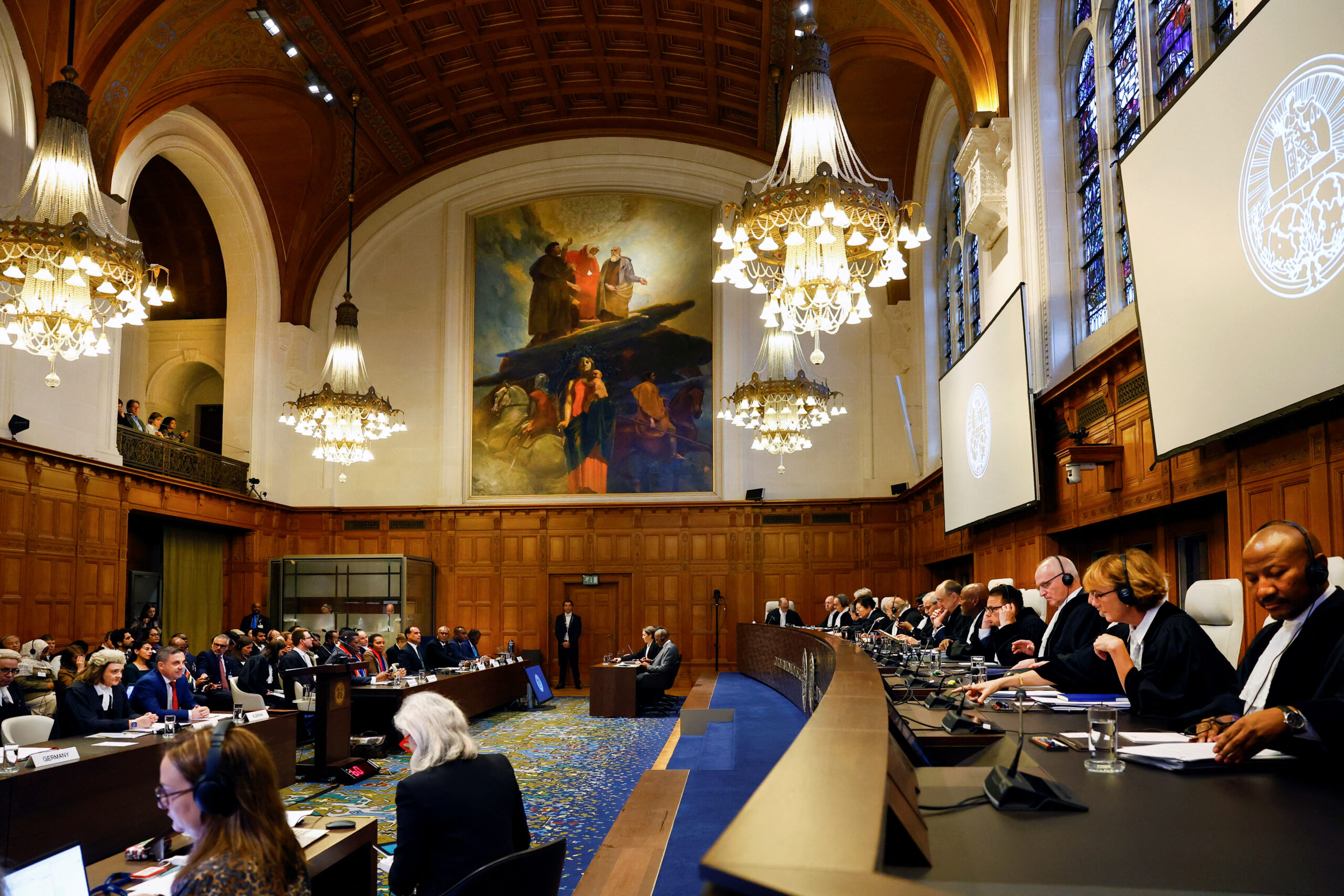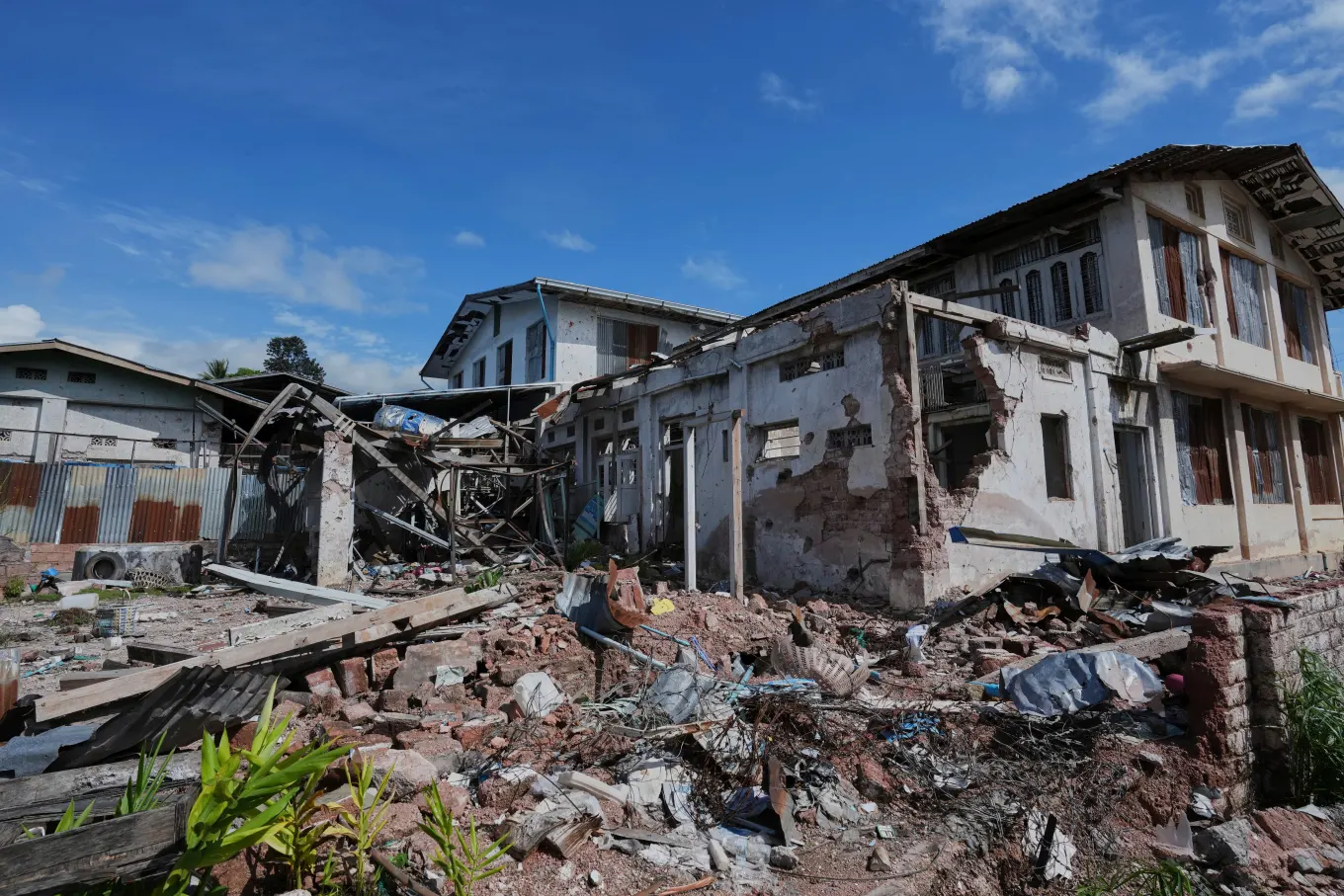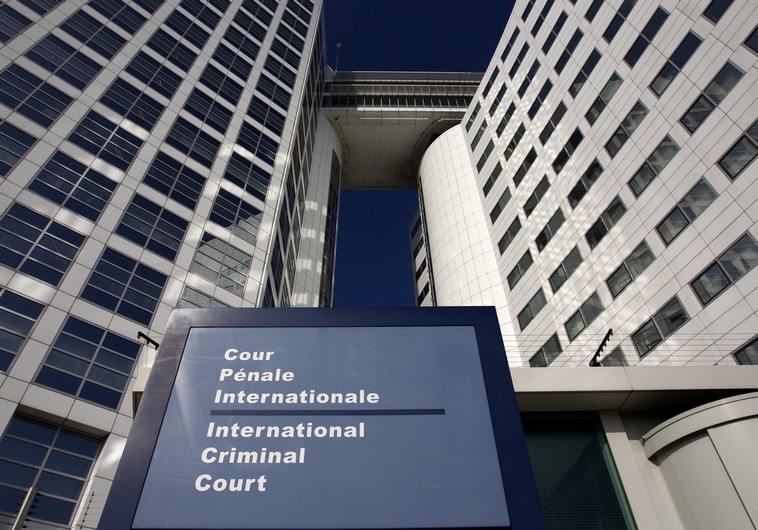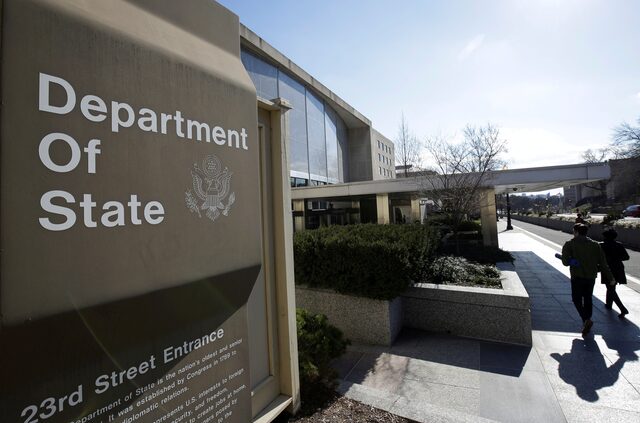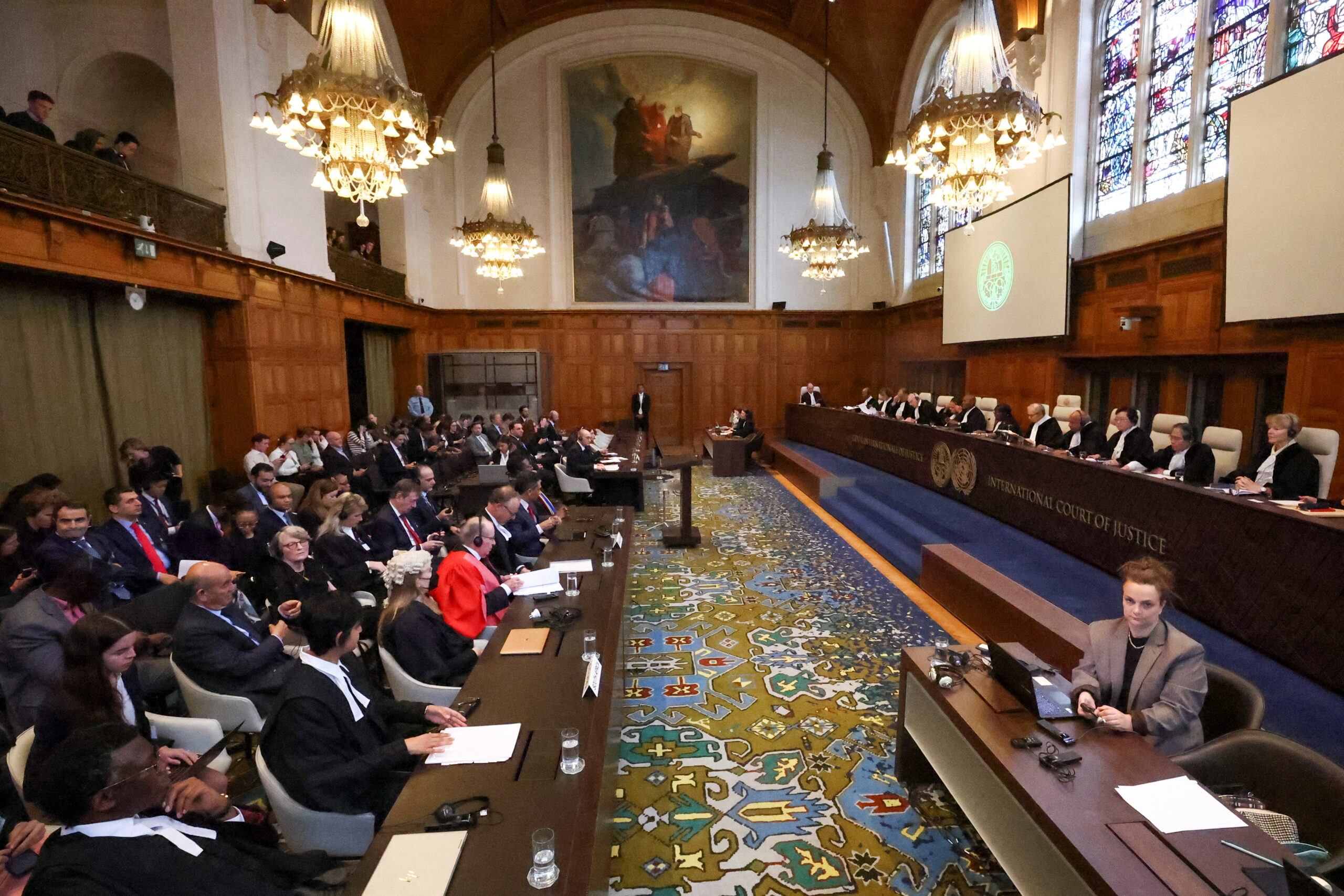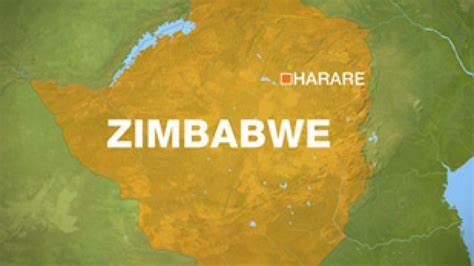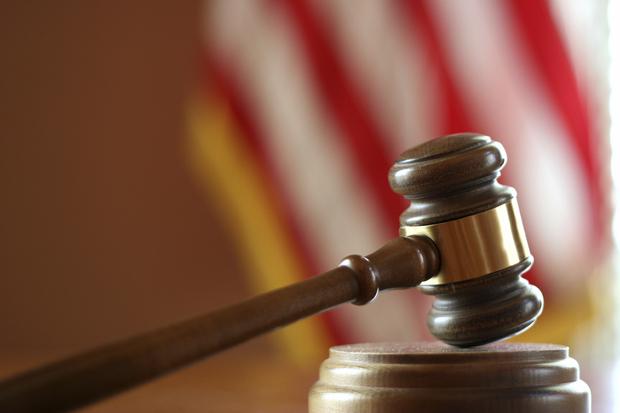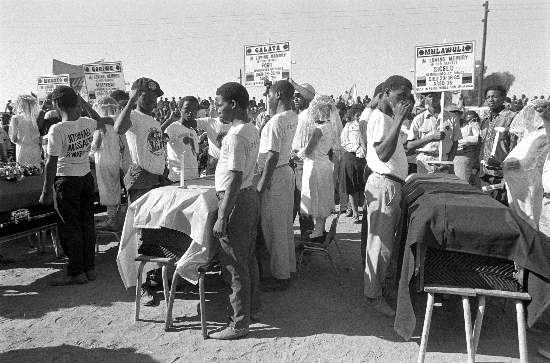Uganda/The Resumption of Kizza Besigye’s Trial
![Veteran Ugandan opposition figure Kizza Besigye arrives at the Makindye General Court Martial in Kampala on November 20, 2024 [Badru Katumba/AFP]](https://liberties.aljazeera.com/resources/uploads/2025/01/1736860422.webp)
Veteran Ugandan opposition figure Kizza Besigye arrives at the Makindye General Court Martial in Kampala on November 20, 2024 [Badru Katumba/AFP]
The trial of prominent Ugandan opposition politician Kizza Besigye is set to resume at a military court in Kampala, a significant moment in the ongoing political struggle in Uganda. Besigye, a long-time critic and fierce rival of President Yoweri Museveni, was forcibly abducted in Kenya on November 24, only to reappear days later in a military court in Uganda’s capital. There, he and fellow opposition leader Haji Obeid Lutale were charged with offenses related to national security and the unlawful possession of weapons—charges that both men deny.
Besigye has a long history of challenging President Museveni, having contested four presidential elections against him. Museveni, who has been in power since 1986, has faced repeated accusations of undermining democracy and suppressing political opposition. Besigye’s trial, which now enters its next phase, is seen by many as a critical test of Uganda’s commitment to justice and the rule of law.
The abduction of Besigye in Kenya raised serious concerns about human rights abuses and the lengths to which the Ugandan government might go to silence its critics. The opposition leader’s detention has ignited widespread protests and condemnation from international human rights organizations, who argue that the charges against Besigye and Lutale are politically motivated and part of a broader pattern of repression aimed at stifling dissent.
As the trial resumes, the eyes of the international community are on Uganda, watching closely to see whether Besigye will receive a fair trial, or if this will be yet another chapter in the country’s long-running struggle for democratic freedoms. The outcome of this case could have significant implications not only for Besigye’s political future but for the broader political landscape in Uganda and the prospects for meaningful democratic change in a country long under the shadow of authoritarian rule.
Agencies.


